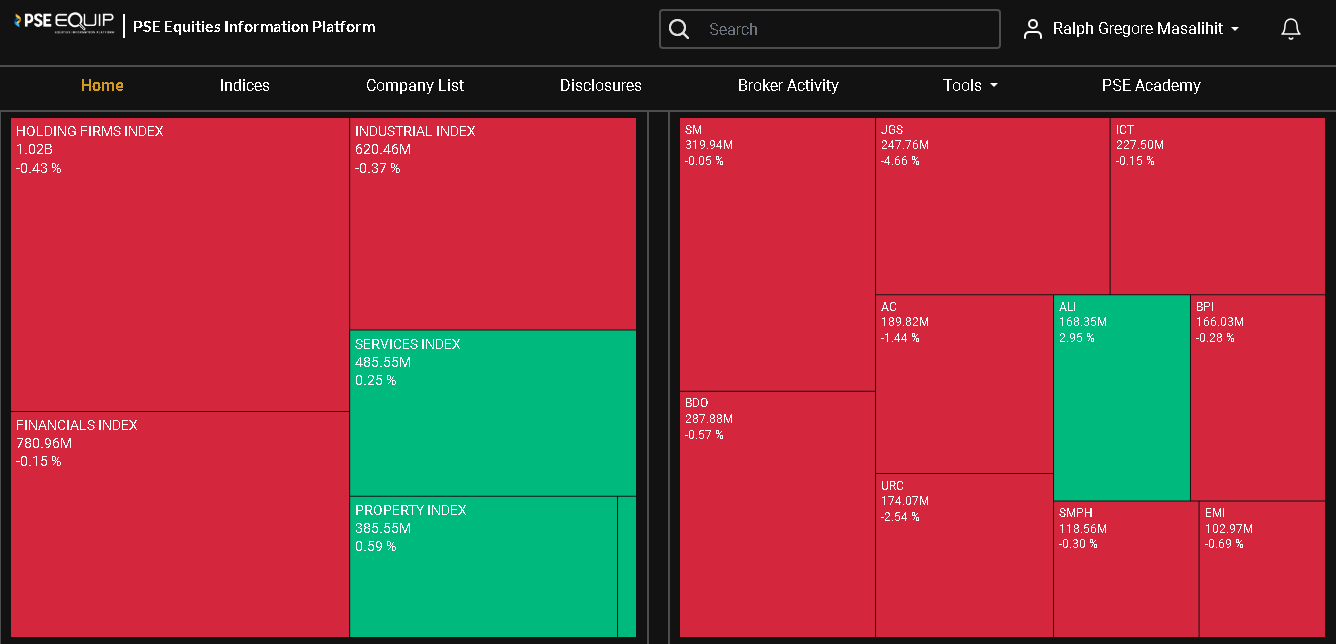Personal Development, Business, Finance, and Investing for Everyone
An investment in knowledge always pays the best interest.
|
Your success as an investor depends on the strategy you follow. An investment strategy is a plan or strategy that helps investors decide how and where to spend their money based on their risk tolerance, commitment to long- or short-term holdings, projected returns, etc. An investor might develop an investment plan based on the objectives and goals they hope to achieve.
Growth Investing Growth stock investors are those who are interested in emerging companies that are growing quickly. They look for companies with cutting-edge products, a sizable market, and a competitive edge. The purpose of investing in growth stocks is to develop capital exponentially through businesses that are anticipated to grow more quickly. In exchange for a share of the businesses they invest in, venture capitalists finance early-stage start-ups, yet venture capital has many benefits and drawbacks. Typical characteristics:
Value Investing Value investors think the market as a whole has a propensity to overreact to both positive and negative news. As a result, a company's current stock price may not accurately represent its value. Finding firms trading below their real worth that might also pay dividends is the aim of value investing. Investors employ a variety of analytical techniques to decide whether or not a company's stock price is one that is comfortable for them. Typical characteristics:
Important distinctions between growth and value equities On Buying Stocks Growth investing focuses on buying firms with high growth potential, whereas value investing focuses on buying stocks trading at a discount to their true value. P/E Ratio In contrast to value stocks, which often exhibit the opposite, many growth stocks have a price-to-earnings ratio that is higher than that of their rivals. Risk Growth investing is typically more adventurous and aggressive, whereas value investing is typically more conservative and risk-averse. Return on Investment (ROI) Compared to a growth stock, a value stock may not have the same potential for big returns. Time Investing in growth strategies has a higher chance of reaching its potential sooner than investing in cheap stocks. Are growth or value funds superior in the long run? The long-term performance of an investment strategy that favors growth over value will depend on market conditions and investor risk tolerance. For instance, while large-cap value stocks might offer steady income through dividends, small-cap growth companies may offer superior returns.
0 Comments
Leave a Reply. |
PLACE YOUR ADS HERE YOUR PAYDAY REMINDER FEATURED PARTNER FEATURED PROMOTIONS FEATURED MENTIONS PLACE YOUR ADS HERE PLACE YOUR ADS HERE For more updates about Personal Development, Financial and Investment Education. Join and Subscribe to my Newsletter. It's FREE! ABOUT THE BLOGGERHi, I'm Ralph Gregore Masalihit! An RFP Graduate (Registered Financial Planner Institute - Philippines). A Personal Finance Advocate. An I.T. by Profession. An Investor. Business Minded. An Introvert. A Photography Enthusiast. A Travel and Personal Finance Blogger (Lakbay Diwa and Kuripot Pinoy). Currently, I'm working my way toward time and financial freedom. PLACE YOUR ADS HERE Follow me on |












